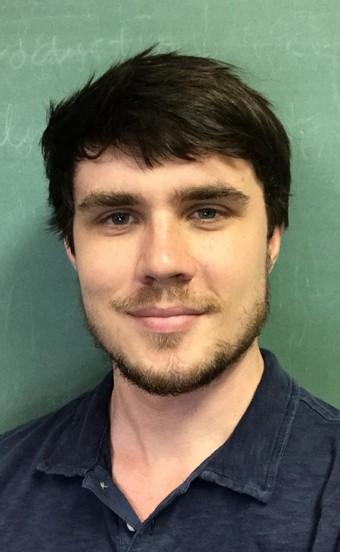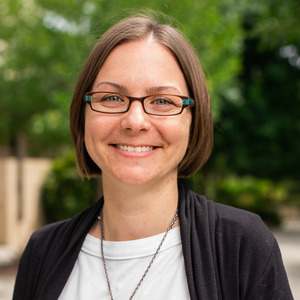
Using Google can make people think they are smarter than they actually are. Want proof? Do a quick search for “Google” and “smarter than they actually are” — and you’re bound to find dozens of articles about research conducted by Biola psychology graduate Matthew Fisher (’11).
In 2015, Fisher made international headlines after leading a team of Yale researchers who found that people who had access to the internet overestimated their own knowledge. Their study in the Journal of Experimental Psychology landed Fisher in Time, the Wall Street Journal, The Washington Post, the BBC, the Harvard Business Review and dozens of other news outlets.
“I’m interested in intellectual humility — how it is people think about their own knowledge, how people suffer delusions of thinking they know more than they actually do and why we think we’re more knowledgeable than we are,” Fisher said.
After two more years of research, Fisher successfully defended his dissertation and graduated with his Ph.D. from Yale University in May 2017. This fall, he started as a research fellow at Carnegie Mellon University.
As an undergraduate at Biola, Fisher made the most of every opportunity to conduct research with his psychology professors. Their encouragement and support of independent research projects helped him secure a 2010 internship at Yale, where he received a firsthand look at the scope of possibility within the research process. That experience solidified his plans for a career in research.
“Pursuit of knowledge and uncovering truth was an important virtue everywhere at Biola and something I’ve carried with me,” Fisher said.
After graduating from Biola, Fisher and his now-wife, Julia (Wible, ’11), married and moved to the East Coast. Julia completed a Master of Arts in Art Therapy at Albertus Magnus College in New Haven, Conn., and worked with teens dealing with substance abuse. Fisher completed his doctoral work in Yale’s Cognition and Development Lab, where he immediately began his own research projects.
Throughout his doctoral program, Fisher thrived in an environment designed for students to develop ideas and theories, test them, write up their findings and publish them.
At Carnegie Mellon, in addition to teaching, Fisher continues to conduct research on ideas he’s explored the last few years related to how people think about what they know or what they think they know. While Fisher focuses on the basic level — knowledge for its own good — not the applied level, there are definite applications to his research. Some are related to the current political climate in which people are overconfident in their ability to understand complicated issues. There are also technological applications of how people think about the world and store knowledge.
And, according to Fisher, even more exciting than all the other recent changes and accomplishments in his life is the new addition he and Julia welcomed on Sept. 22 when their first child, Isabella Grace, was born.
 Biola University
Biola University
.jpg)

